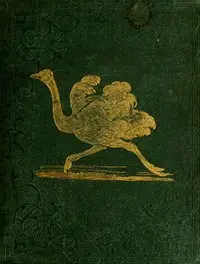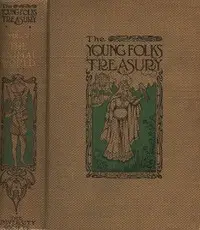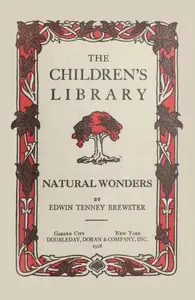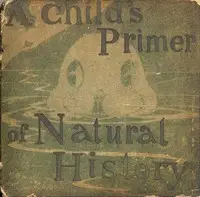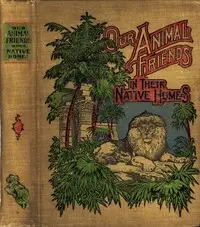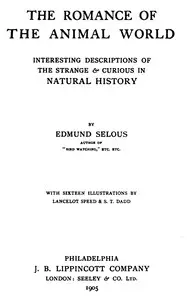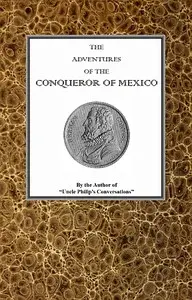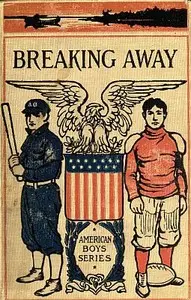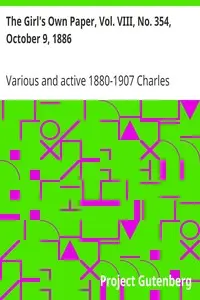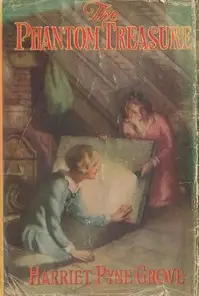"Natural History" by Francis L. Hawks is a series of enlightening talks with Uncle Philip, a well-traveled man, as he shares his deep understanding of the natural world with curious children. Uncle Philip captivates them with stories of animals and insects that exhibit skills much like human tradespeople, inspiring both wonder and life lessons. He vividly illustrates the ways animals creatively use their bodies and adapt to their environments to build their homes or provide for themselves, ranging from bees meticulously crafting honeycombs to insects using unique adaptations as tools. The book not only celebrates the complexities of nature but also fosters a sense of respect for the natural world and its inhabitants, underlining the wonders of nature and promoting moral and ethical living.
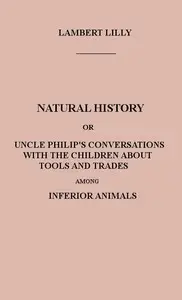
Natural History Or, Uncle Philip's Conversations with the Children about Tools and Trades among Inferior Animals
By Francis L. (Francis Lister) Hawks
Discover a world where buzzing insects are carpenters and animals are skilled artisans, all revealed through engaging conversations between a wise uncle and eager children.
Summary
About the AuthorFrancis Lister Hawks was an American writer, historian, educator and priest of the Episcopal Church. After practicing law with some distinction, Hawks became an Episcopal priest in 1827 and proved a brilliant and impressive preacher, holding livings in New Haven, Philadelphia, New York City and New Orleans, and declining several bishoprics. However, scandals during the 1830s and 40s led him to posts on the American frontier and rejection of his selection as bishop of Mississippi, Hawks was the first president of the University of Louisiana Hawks then moved to Baltimore, Maryland, and eventually returned to New York City.
Francis Lister Hawks was an American writer, historian, educator and priest of the Episcopal Church. After practicing law with some distinction, Hawks became an Episcopal priest in 1827 and proved a brilliant and impressive preacher, holding livings in New Haven, Philadelphia, New York City and New Orleans, and declining several bishoprics. However, scandals during the 1830s and 40s led him to posts on the American frontier and rejection of his selection as bishop of Mississippi, Hawks was the first president of the University of Louisiana Hawks then moved to Baltimore, Maryland, and eventually returned to New York City.


